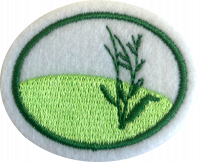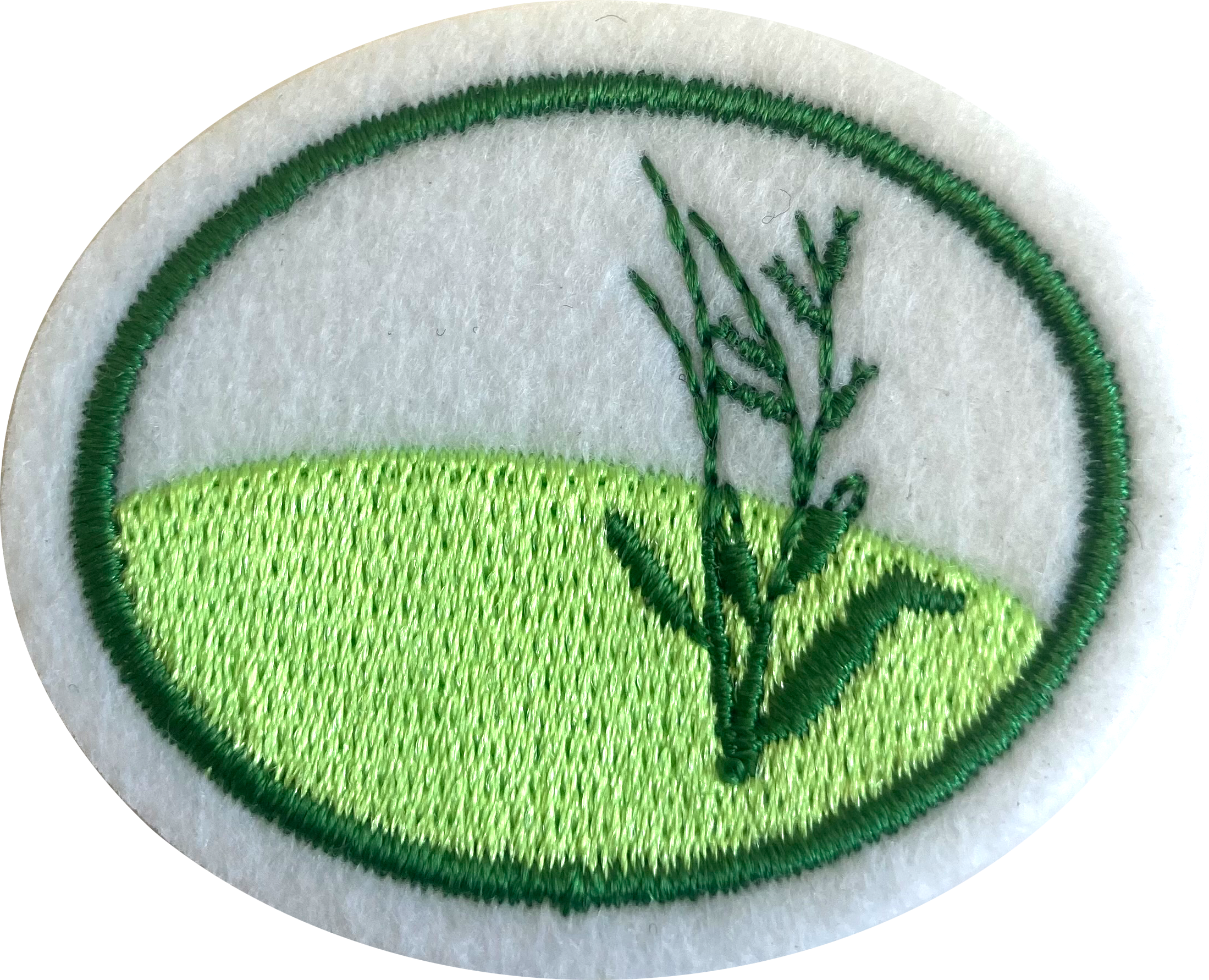Difference between revisions of "AY Honors/Temperate Grasslands/Requirements"
(Marked this version for translation) |
m |
||
| Line 83: | Line 83: | ||
<noinclude></translate></noinclude><section end=req8d /></b> | <noinclude></translate></noinclude><section end=req8d /></b> | ||
| − | :<b>e. <section begin= | + | :<b>e. <section begin=req8e /><noinclude><translate><!--T:21--> |
</noinclude>Common uses of the grassland by people | </noinclude>Common uses of the grassland by people | ||
<noinclude></translate></noinclude><section end=req8e /></b> | <noinclude></translate></noinclude><section end=req8e /></b> | ||
Latest revision as of 15:47, 8 March 2023
Skill Level
1
Year
2023
Version
30.12.2025
Approval authority
North American Division
1. What is a grassland?
- a. Where can they be found?
- b. What is required for a grassland to form?
- c. How are grasslands beneficial?
- d. What are the various types of grassland ecosystems? Briefly describe them.
2. Name three major taxonomic plant families can be found in a temperate grassland. Describe, photograph or draw five different species, and identify which of the families they fall under.
3. Label a drawing of a grass including the following: blade, node, sheath, roots.
4. Temperate grasslands can be divided into what two subgroups? What are the differences?
5. What are the two main reasons trees and shrubs are not commonly found in temperate grasslands? Under what conditions can trees grow in a grassland?
6. Be able to identify three of each of the following that can be found in a temperate grassland. Describe how their characteristics enable them to live there. Draw or photograph them.
- a. Plants
- b. Birds
- c. Mammals
- d. Insects
7. What causes the soil in a temperate grassland biome to become nutrient-rich?
8. Select a grassland and discover the following:
- a. Size
- b. Average temperature
- c. Average rainfall per year
- d. Most common type of grass
- e. Common uses of the grassland by people
9. Why is it important to conserve the world's grasslands? What are some steps that can be taken to protect grasslands?
10. Do at least two of the following activities:
- a. Visit a wild grassland and mark off a square meter of the grassland, identifying all the species of plants and animals that you find. Write, record or share your experience with your group.
- b. Visit a zoo and draw/photograph animals that are typically found in a temperate grassland.
- c. Watch at least 15 minutes of a live feed or video of a grassland and discuss what you learned.
- d. Create a crossword puzzle using each of the species of plants, birds, mammals and insects you identified previously that can be found in a grassland.
11. Prepare and present an object lesson about a plant, bird or mammal that lives in a temperate grassland. Be sure to include at least two Bible texts in this presentation.


